Faculty of Social & Gender Transformative Sciences
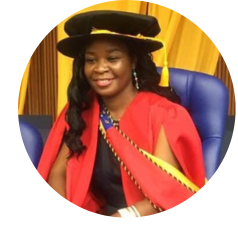 The Faculty of Social and Gender Transformative Sciences is the largest of all the Faculties in the University. The Faculty comprises four Departments: Continuing Education, Social Sciences, Family and Health Sciences and Gender and Transformative Sciences. With our competent, dynamic human resources, we offer a range of academic disciplines that are demand driven at the following levels: Certificates, Diplomas, Honours degrees, Postgraduate Diploma, Masters and PhD Programmes in different specialisations. The Faculty develops free-thinking, critical, creative, communicative and daring intellectuals, whose work is an important contribution to society, while their knowledge enriches the universal nature of humanity, simultaneously retaining various value systems and cultural identities. The mandate of the University is to promote gender equality in the provision of higher education in Zimbabwe and Africa at large. Our Faculty is at the heart of driving the University’s mandate as we house all the programmes and expertise on gender. We pride ourselves in producing gender sensitive graduates who are game changers in society. Our research by staff and students is indeed transforming. The Faculty currently offers programmes through different flexible and innovative learning modes at our Harare and satellite campuses in Bulawayo, Mutare, Zambia and Malawi.
The Faculty of Social and Gender Transformative Sciences is the largest of all the Faculties in the University. The Faculty comprises four Departments: Continuing Education, Social Sciences, Family and Health Sciences and Gender and Transformative Sciences. With our competent, dynamic human resources, we offer a range of academic disciplines that are demand driven at the following levels: Certificates, Diplomas, Honours degrees, Postgraduate Diploma, Masters and PhD Programmes in different specialisations. The Faculty develops free-thinking, critical, creative, communicative and daring intellectuals, whose work is an important contribution to society, while their knowledge enriches the universal nature of humanity, simultaneously retaining various value systems and cultural identities. The mandate of the University is to promote gender equality in the provision of higher education in Zimbabwe and Africa at large. Our Faculty is at the heart of driving the University’s mandate as we house all the programmes and expertise on gender. We pride ourselves in producing gender sensitive graduates who are game changers in society. Our research by staff and students is indeed transforming. The Faculty currently offers programmes through different flexible and innovative learning modes at our Harare and satellite campuses in Bulawayo, Mutare, Zambia and Malawi.As the Dean of the Faculty, I would like to welcome you all to our inspiring Faculty and urge you to navigate through our programmes and join us in changing the world of Behavioural Sciences.
Departments
Download PDF Version
Department of Continuing Education
- Basic knowledge of ECD practice;
- Basic skills on record keeping
- Basic skills for toy production
- Basic knowledge on child development
- Basic knowledge on child study and lesson planning.
- A minimum of 3 O’ level subjects including English Language.
- Those with 2 O’ level subject including English plus and certificate in ECD from a recognised institution may be accepted.
- Health and the Centre Environment
- Child Development
- The Early Childhood Development (ECD) Curriculum
- The Early Childhood Development (ECD) Teacher
- Management and Administration of Early Childhood Development (ECD) settings/Centres.
- Historical, Philosophical and Sociological perspectives of Early Childhood Development (ECD).
First block 4 weeks
- 6 written assignments 30%
- Toy production 30%
- Practicum (shall be determined on the basis of two school/centre-based crits) 40%.
- No written examinations for these students.
-
Registered for and successfully completed the courses as provided in these regulations; and
-
Satisfied all other requirements laid down in these regulations and any other relevant statutes and regulations of the University.
Academic Staff
Department of Sociology & Psychology
- to equip students with theoretical knowledge on social discourse in order to bridge the gap between theory and praxis.
- to equip students with skills to research and critically analyse social phenomena focusing on how these phenomena correlates with social structures shaping social processes.
- to intellectually empower students to effectively analyse the discourse on marginality, discrimination, exclusion and poverty in order to enhance their participation in community development and change; and
- to enhance and promote the development of sociology as both an academic discipline and field of scientific application relevant to diverse human needs.
- Interpersonal skills
- Team building
- Coping skills
- Guidance and counselling skills
- Social research skills
- Research and publication skills
- Data interpretations and analysis skills
- Organisational management skills
- Interviewing skills
- Report writing and presentation techniques
- Writing and publishing articles
- Understanding and streamlining gender issues
- Gender sensitisation and promotion skills
- Advocacy and activism
- the first year, students shall undertake ten courses on offer. For a student to proceed to second year, he/she should pass all the ten courses.
- the second year, students shall undertake ten courses.
- In the third year students shall go to Attachment for the whole year.
- In the fourth year, students shall undertake at least eight courses. In addition, students normally do a project (which is equivalent to two courses), except in extreme cases where the Faculty approves that the student does 2 additional courses instead of a project.
- In order to proceed to register for the project, a student must also have passed qualitative and quantitative research methods in the second year.
- All in all, a student shall normally require at least twenty-eight courses plus a project (equivalent to two courses) and work related attachment to graduate with an honours degree.
Academic Staff
Department of Gender and Transformative Sciences
Why Study Women’s and Gender Studies at Women’s University in Africa?
- WUA offers flexi time for the mature women and girls who want to acquire the degree. There are day, evening and block release classes.
- WUA has a crèche where you can bring your toddlers while you attend classes in the morning or afternoon.
Duration: Three years
Entry requirements
5 ‘O’ Level subjects including English Language for those aged 40 years and above
At least 2 ‘A’ Level subjects
Opportunities for Women’s and Gender Studies Graduates
This specialist degree gives you a combination of critical thinking and problem solving skills to prepare you for a career in:
- Non-governmental organisations;
- International organisations;
- Government departments;
- Gender desks in institutions;
- Colleges and universities;
- Private sector.
Graduates of Women’s and Gender Studies will take up jobs as:
- Community Workers
- Researchers
- Development specialists
- Advocacy
- Policy Analysts
- Programme Officers
- Consultants
- Journalists
Programme Courses
|
Course Code |
First Year First Semester |
|
WGS112 |
Women and gender studies: An Interdisciplinary Introduction |
|
WGS114 |
Introduction to Feminist Theories |
|
WGS115 |
Introduction to Gender Relations |
|
CS111 |
Communication Skills |
|
BCL111 |
Basic Computer Literacy |
|
|
|
|
|
First Year Second Semester |
|
WGS121 |
Gender, Culture and Migration |
|
WGS122 |
Women and Work |
|
WGS123 |
Gender and Development |
|
WGS124 |
Modern African Women’s Voices in Film and Literature |
|
WGS125 |
Sociology and Gender |
|
|
Second Year First Semester |
|
WGS211 |
Psychology of Women and Gender |
|
WGS212 |
Women and Disaster Management |
|
WGS213 |
Feminist Ways of Knowing |
|
WGS214 |
Qualitative Research Methods |
|
WGS215 |
The Politics of Women’s Health |
|
|
Second Year Second Semester |
|
WGS221 |
Gender and Media |
|
WGS222 |
Women and Religion |
|
WGS223 |
Globalization and Trans-nationalism |
|
WGS224 |
Women as Agents of Change |
|
WGS225 |
Quantitative Research Methods |
|
|
Third Year First Semester |
|
WGS311 |
Gender, Sexuality and Society |
|
WGS312 |
Gender Community and International Organisations |
|
WGS313 |
Transformational Feminisms |
|
WGS314 |
Medicine, Religion and Politics in Africa and Diaspora |
|
WGS315 |
Social Justice and Law Reform |
|
|
Third Year Second Semester |
|
WGS321 |
Gender Mainstreaming in Organisations |
|
WGS322 |
Gender Globalization, Culture, Power and Trade |
|
WGS323 |
Women and Politics |
|
WGS324 |
Research Project |

 Dr Johnson Magumise is an Educational Psychologist who has over 10 years of experience in...
Dr Johnson Magumise is an Educational Psychologist who has over 10 years of experience in... 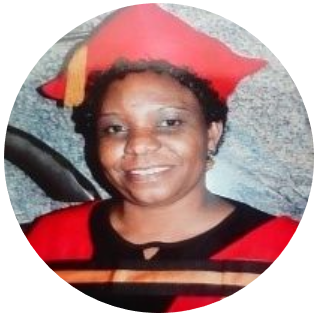 Dr Yuleth Chigwedere is the Communication Skills Co-ordinator in the Faculty She has over 10 years of...
Dr Yuleth Chigwedere is the Communication Skills Co-ordinator in the Faculty She has over 10 years of... 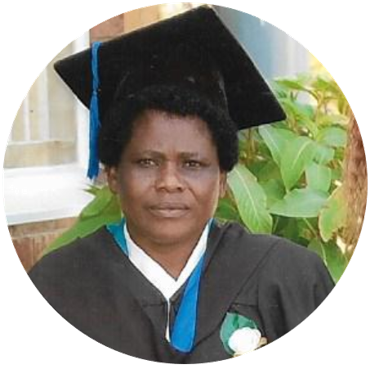 Mrs Sikhangezile Nkomo is a Lecturer and Academic Co-ordinator Bulawayo Campus, a holder of...
Mrs Sikhangezile Nkomo is a Lecturer and Academic Co-ordinator Bulawayo Campus, a holder of... 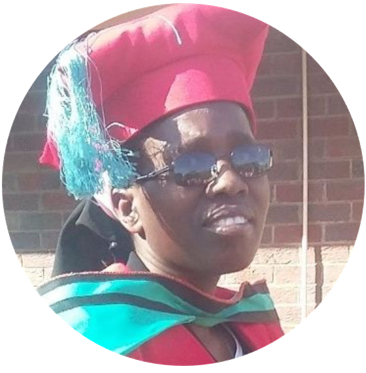 Sr Tendai Chikutuma PhD is a Lecturer in the faculty. She has attended and...
Sr Tendai Chikutuma PhD is a Lecturer in the faculty. She has attended and... 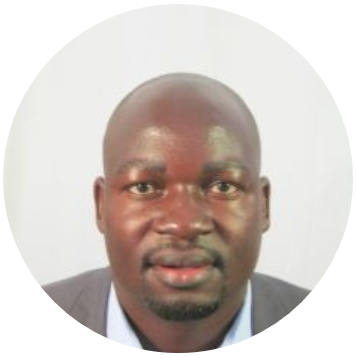 Takunda Chabata is the Chairperson for Social Sciences Department in the Faculty of Social and Gender Transformative Sciences.
Takunda Chabata is the Chairperson for Social Sciences Department in the Faculty of Social and Gender Transformative Sciences.

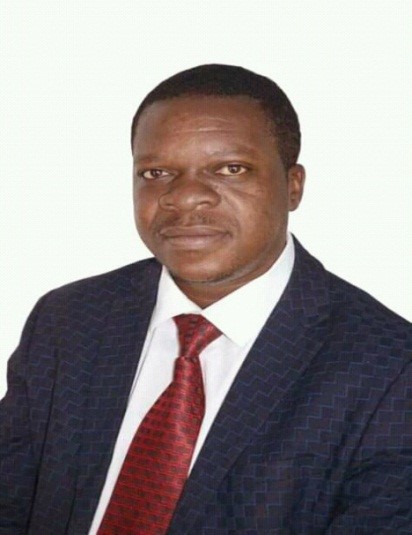 Chairperson for Social Sciences Department and Programme Coordinator for Psychology. He is one of the Attachment Coordinators for Faculty of Social and Gender Transformative Sciences. He served for 4 years as a part time Lecturer before he joined the university as a full time Lecturer in 2020.
Chairperson for Social Sciences Department and Programme Coordinator for Psychology. He is one of the Attachment Coordinators for Faculty of Social and Gender Transformative Sciences. He served for 4 years as a part time Lecturer before he joined the university as a full time Lecturer in 2020.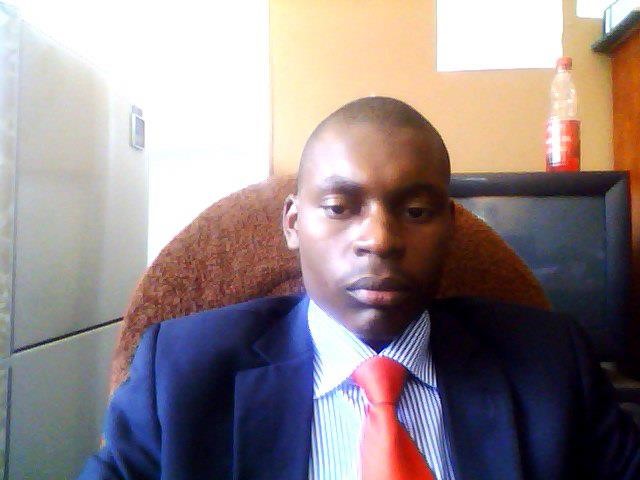 Stanley was a Human Resources Officer under Ministry of Agriculture, Mechanization and Irrigation Development for the period 2008 to 2016 and now a full-time psychology lecturer of Women’s University in Africa.
Stanley was a Human Resources Officer under Ministry of Agriculture, Mechanization and Irrigation Development for the period 2008 to 2016 and now a full-time psychology lecturer of Women’s University in Africa.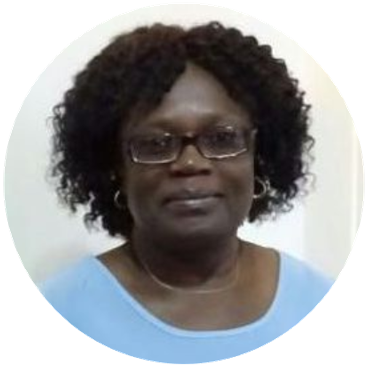 Dr Priscilla Mataure is the Coordinator of the BSc (Honours) Degree in Clinical Midwifery and has over 20 years...
Dr Priscilla Mataure is the Coordinator of the BSc (Honours) Degree in Clinical Midwifery and has over 20 years...